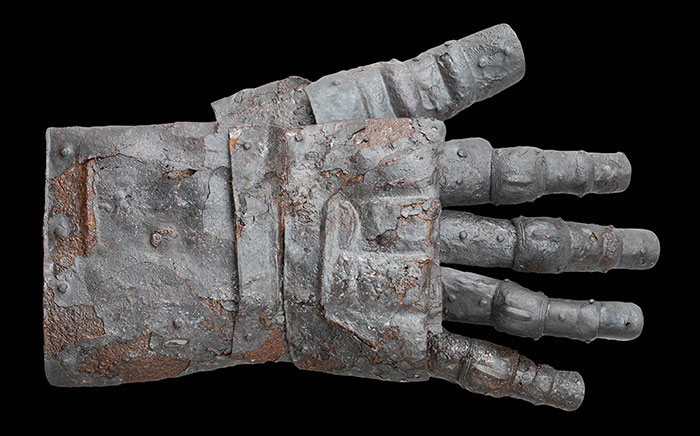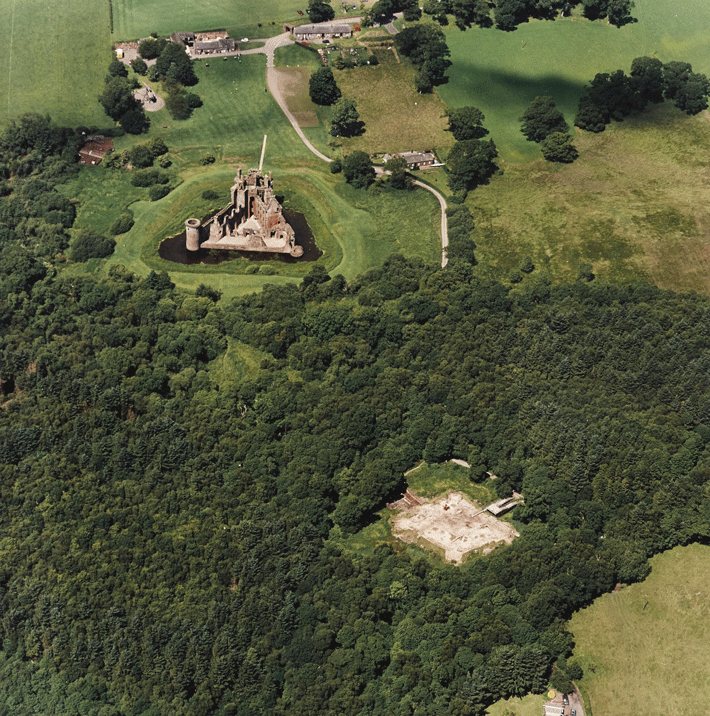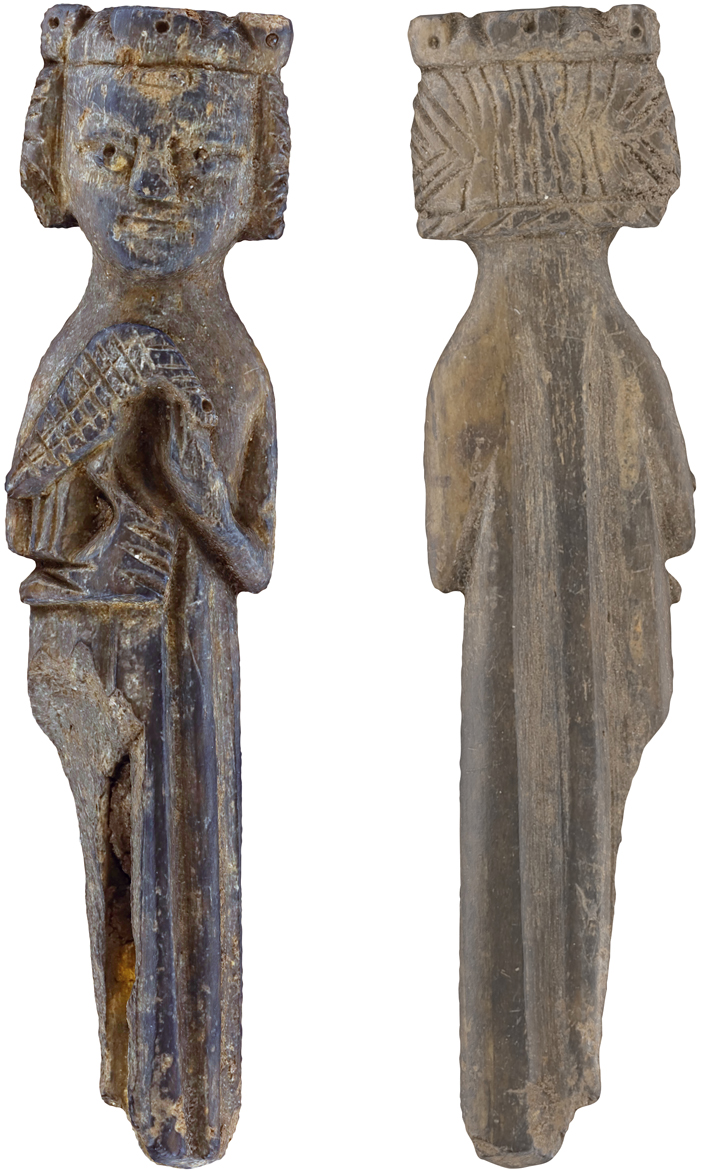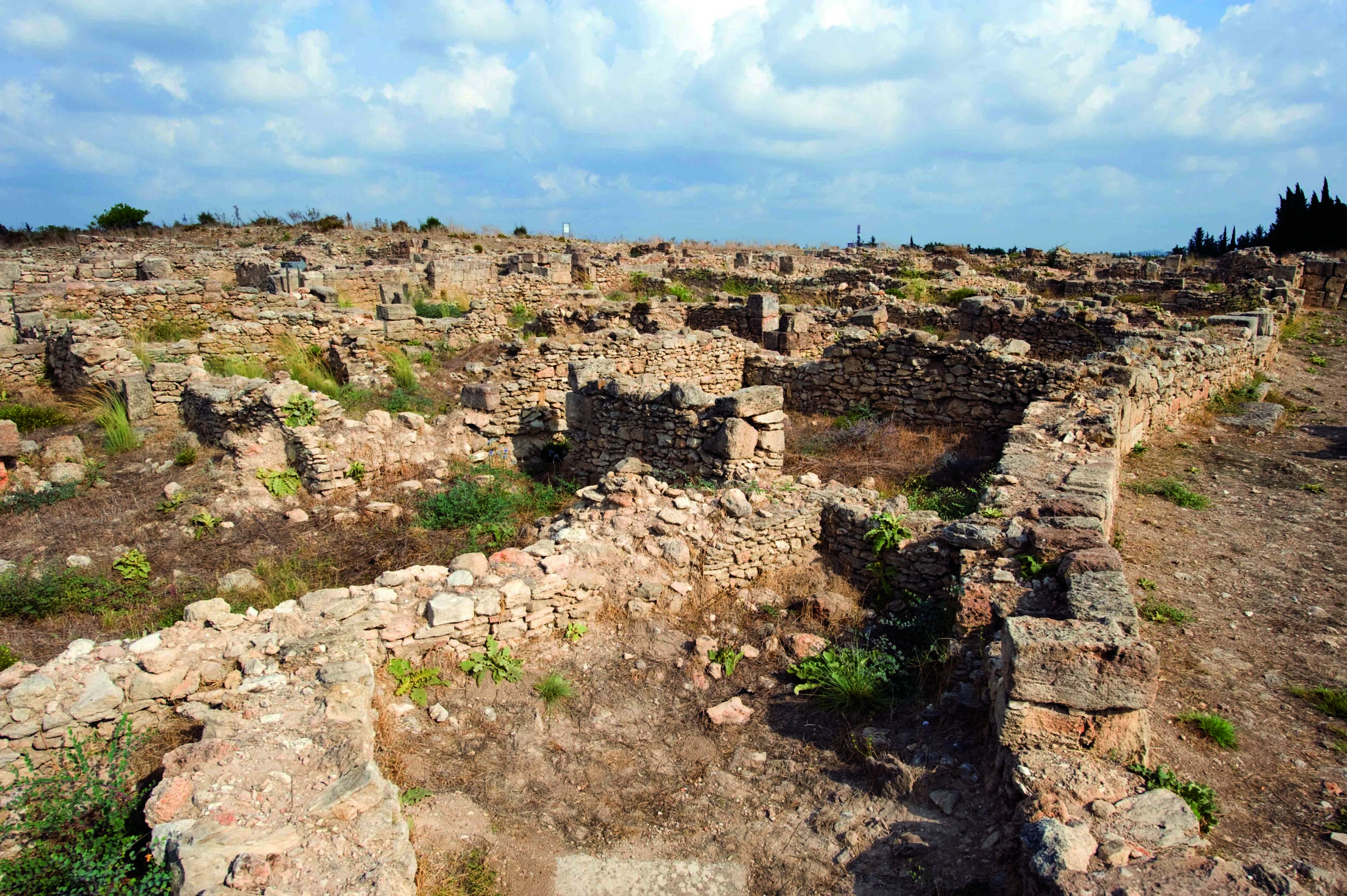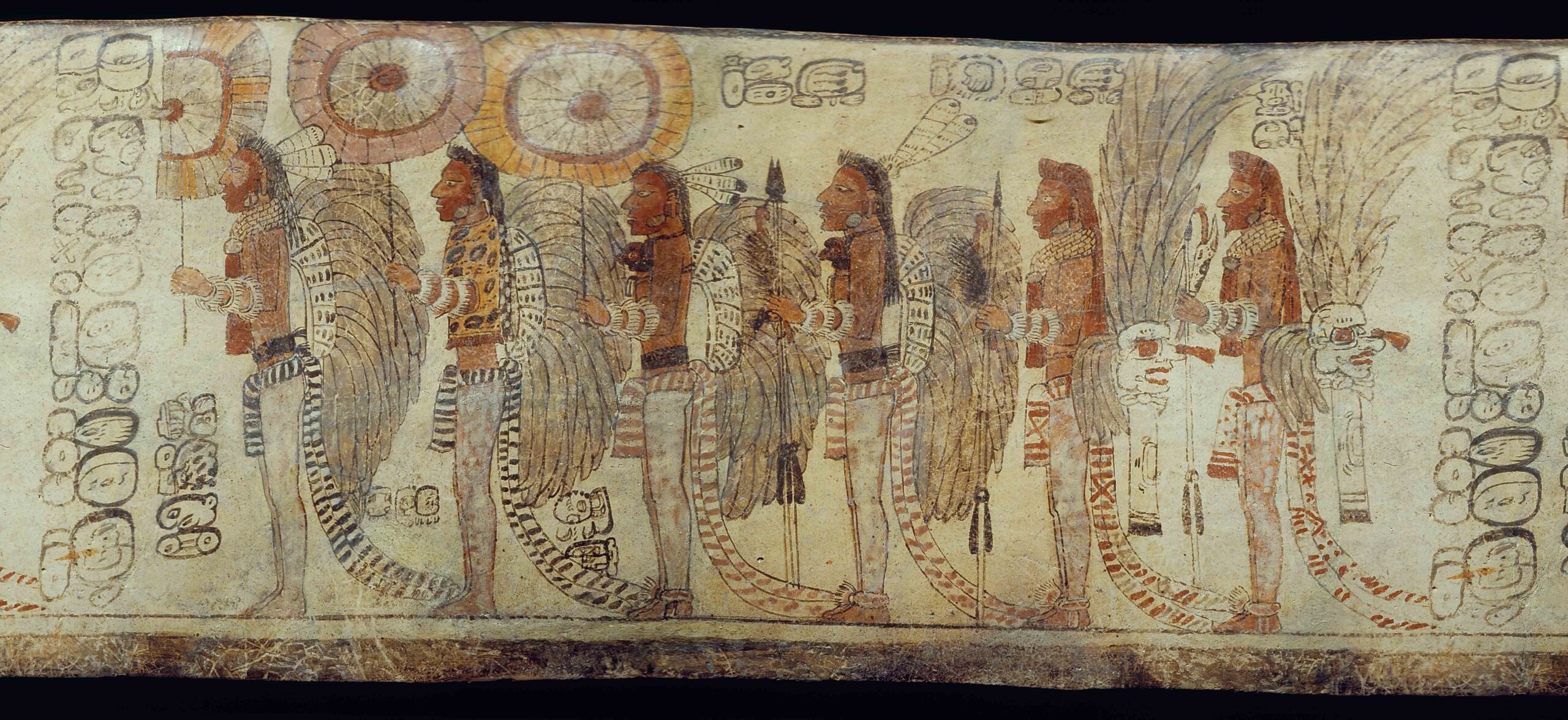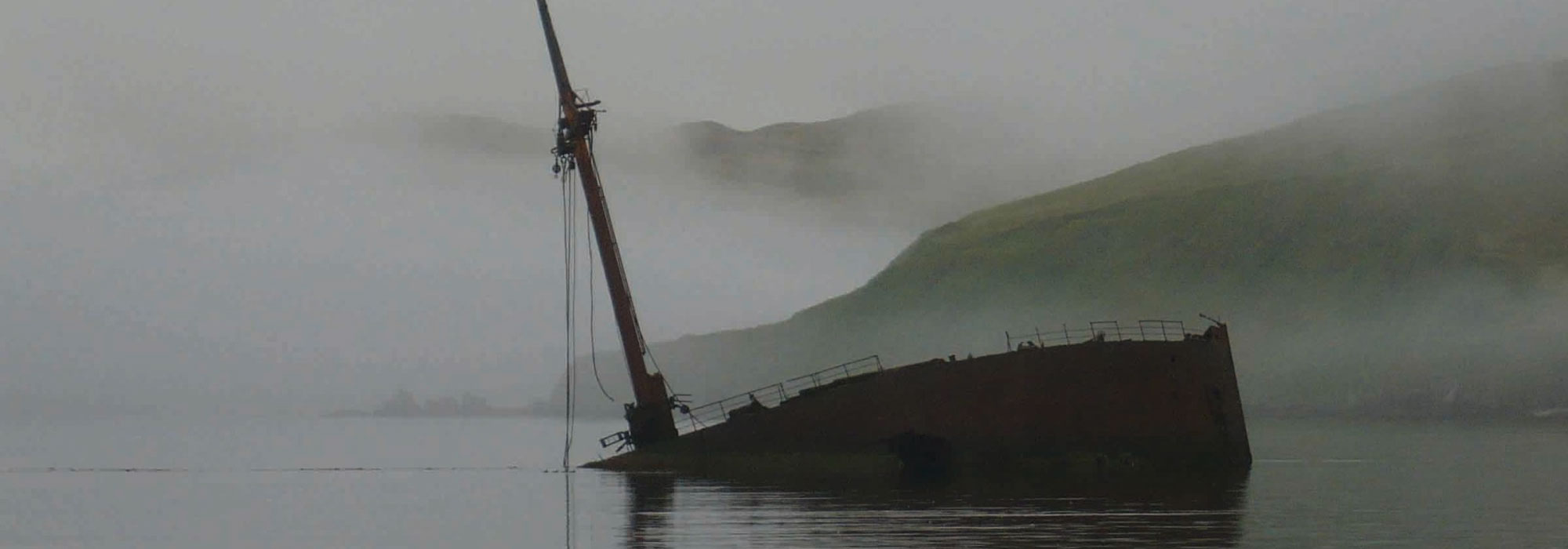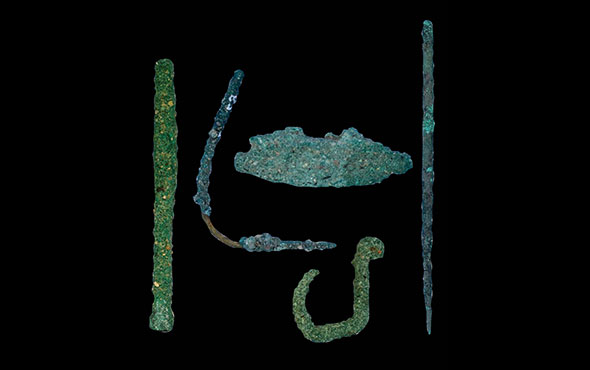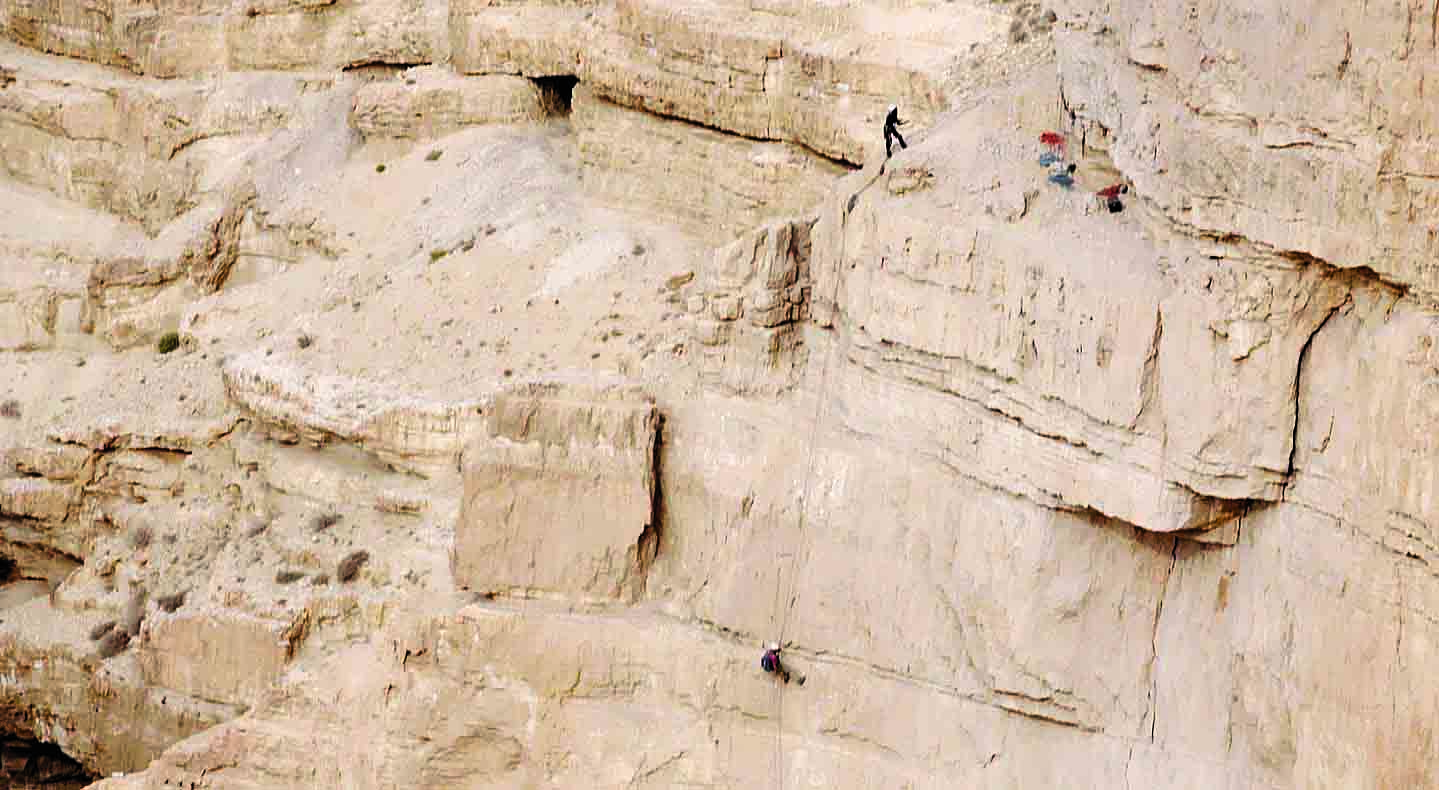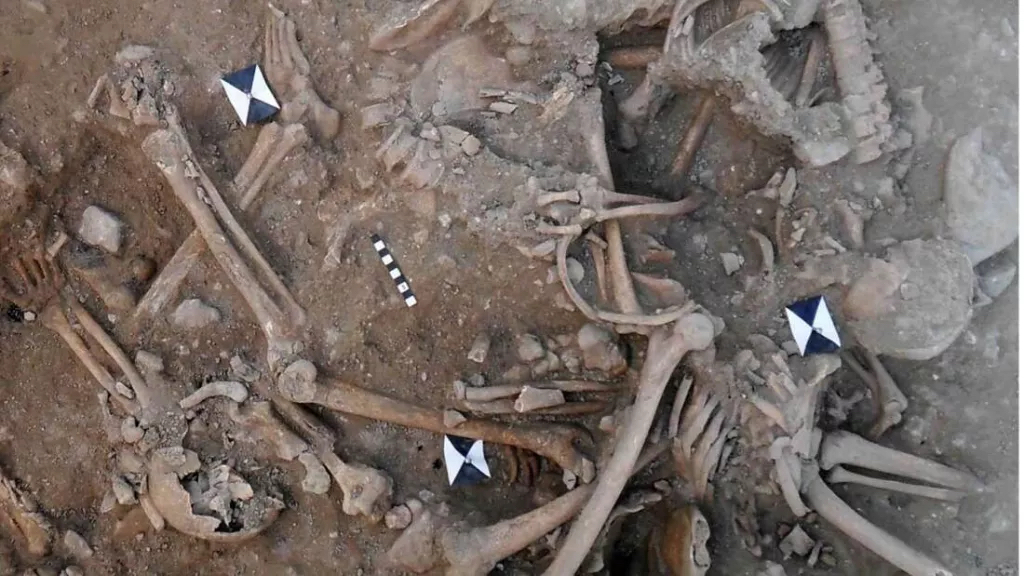
POOLE, ENGLAND—Two mass graves thought to contain the remains of European soldiers killed during the Crusades have been found in a dry moat at the site of Lebanon’s St. Louis Castle, according to a Live Science report. Christian soldiers first captured St. Louis Castle after the First Crusade in 1110, and held the port of Sidon for more than a century. But records also show that the castle was attacked by Mamluks in 1253 and the Mongols in 1260, when it was destroyed. The men in the mass graves, which have been dated to the thirteenth century, are thought to have been killed during these attacks. Richard Mikulski of Bournemouth University said that the chemical composition of the men’s teeth and analysis of DNA samples indicate that some of them were born in Europe. Many of the brutal injuries had been inflicted from behind, and perhaps from horseback, he explained. Piers Mitchell of the University of Cambridge added that a Frankish belt buckle found in one of the graves supports Crusader records, which state that King Louis IX of France, who was on crusade in the Holy Land in 1253, visited the site and personally helped bury the dead. To read about how archaeologists are investigating the history of the Crusades and uncovering surprising facts about the Knights Templar and the spectacular castles built by the Crusaders, go to "Reimagining the Crusades."


